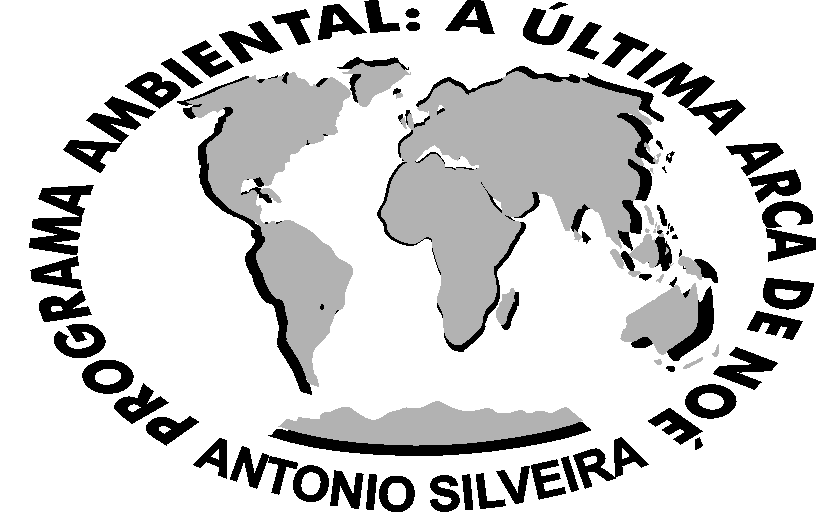
ENVIRONMENTAL RIGHT

ENVIRONMENTAL RIGHT
Introduction
Environmental Right is the science that studies environmental problems and its interconnections to men, aiming at environment’s protection for life’s conditions getting better in a whole.
This science was originated through ecology’s first studies, passed through the appearing of environmental educational science, up coming to its formation as environment’s protection mechanism.
Environmental Right has as basis complex studies that involves a lot of sciences as Biology, Anthropology, Educational Systems, Social Sciences, International Right Principles and some other, being fundamental an holistic vision for its studies development, not being possible to be in fragmented knowing, because the mainly finality, environment’s protection, can be not reached.
The right to the environment, the definition and environment’s juridical rules and the Environment’s National Politic’s principles and objectives are the most important fundaments of Environmental Right, besides the concepts and definitions of Ecology, Biology, Anthropology, Botanic and Environmental Education.
In Brazil emerged Environmental National Politic Law (Law nº 6.938/81), an historic landmark in Environmental Right development, which offers very important definitions of environment, environmental quality degradation, pollution, polluter and environmental resources, and also instituted a values environmental protection’s mechanism called environmental impact previous study (EIA) and its report (RIMA), modern and effective environmental world wide terms.
Public Civil Action Law (Law 7.347/85) was followed, which protects environmental values, disciplining the public civil action responsibility damage caused to the environment, to consumer, to goods and rights of artistic, esthetic, historical, touristic and scenery value.
In 1988, our Federal Constitution dedicated in its title VIII- Social Order, chapter VI, art. 225, directional rules to environmental problematic, showing the rules of natural resources preservation and protection, including fauna and flora, and also, among another steps, rules to the environmental education promotion, defining environment as a people’s common use good.
By its time, ONU’s Conference about Environment and Development, done at Rio de Janeiro (Rio-92, as it was known), sacramented in worldwide terms the preoccupation to environmental problematic, strengthening the principles and rules to environmental degradation combat, elaborating “Agenda 21”, rule instrument of supported development.
Therefore, Environmental Right is very important for guaranteeing our society’s life quality, being at the same time a preservation guaranty of the others life’s forms, and also forest, hydric and mineral resources of our country.
So, its study must be shed in all the university’s courses of Right, giving to all professionals a basic notion of preservation of the environment that they live, and the way of its protection, being it a duty of every citizen, as it appears in our Federal Constitution, art. 225, that imposes it to the Public Power and to the collectivity. Besides, society’s participation in environmental problematic has also legal support and must be incentived.
We must remember that Brazil still contains forestall reserves which have enormous economic and biologic potential, subject of study all around the world, in a way that has condition to project its development in harmony with the exploration of its natural resources, preserving them in a better way that is possible, never forgetting the disastrous examples of a lot of countries that nowadays are called “developed”, that are in a pity natural degradation situation. Its sad examples did not serve to us, being just parameters for avoiding this same way.
Environmental Right is very important and must have the attention of everyone.
©Copyright 1999/2005 Environmental Program: The Last
Noah's Ark
All Rights Reserved